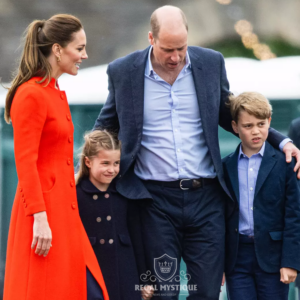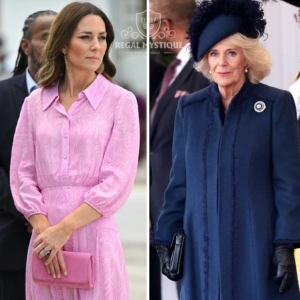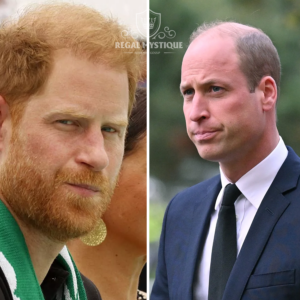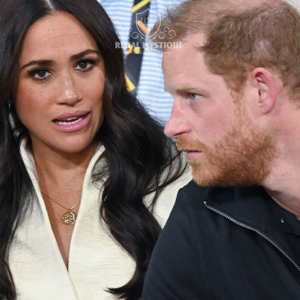In a recent statement, President Joe Biden shed light on the persistent issue of pay disparities in women’s sports, exemplified by the stark contrast between the remarkable talent of athletes like Caitlin Clark and their comparatively modest salaries. Biden’s remarks underscore a broader call for gender equality in sports, advocating for fair compensation and equal opportunities for female athletes.

Caitlin Clark, a rising star in women’s basketball, recently made headlines with her selection in the WNBA draft. Yet, despite her exceptional skill and potential, her reported first-year salary of $76,000 pales in comparison to the salaries of many male athletes in professional sports. This glaring pay disparity not only undermines the achievements of female athletes but also perpetuates systemic inequalities within the sports industry.
President Biden’s statement resonates with a growing movement advocating for gender equality in sports. It underscores the urgency of addressing long-standing inequities and ensuring that female athletes receive the recognition, support, and compensation they rightfully deserve.
“It’s time that we give our daughters the same opportunities as our sons,” Biden emphasized, highlighting the importance of leveling the playing field for all athletes, regardless of gender. By championing equal opportunities for female athletes, Biden reaffirms his commitment to advancing gender equality and creating a more inclusive society.
Women in sports continue to push new boundaries and inspire us all.
But right now we're seeing that even if you're the best, women are not paid their fair share.
It’s time that we give our daughters the same opportunities as our sons and ensure women are paid what they deserve.
— President Biden (@POTUS) April 16, 2024
The issue of pay disparities in sports is not confined to the realm of professional athletics. It permeates every level of competition, from collegiate sports to grassroots programs, where female athletes often face limited resources, opportunities, and support compared to their male counterparts.
As President Biden rightly asserts, addressing pay disparities in women’s sports requires a concerted effort to dismantle systemic barriers and biases that perpetuate inequality. It necessitates proactive measures to ensure that female athletes receive equitable compensation, investment, and recognition for their talents and contributions to their respective sports.
Moreover, Biden’s call for gender equality in sports extends beyond the realm of economics. It speaks to broader issues of representation, empowerment, and social justice. By advocating for equal opportunities for female athletes, Biden reinforces the principle that everyone, regardless of gender, should have the chance to pursue their passions, fulfill their potential, and succeed on their own terms.
In the wake of President Biden’s statement, there is renewed hope and momentum for change within the sports industry. It serves as a rallying cry for athletes, advocates, policymakers, and stakeholders to come together and work towards a future where gender equality is not just a goal but a reality in sports and beyond.
In conclusion, President Biden’s call for gender equality in sports is a timely reminder of the need to address pay disparities and ensure equal opportunities for female athletes. It underscores the imperative of challenging systemic inequalities, empowering women, and creating a more inclusive and equitable society for all.
News
Kate Middleton’s ‘heartbreak’ over William’s decision about their family’s future……
William, 41, and his brother Prince Harry, 39, previously attended Eton College, which broke the tradition of the older generation, including his dad the King, of attending a boarding school in Edinburgh Kate Middleton is “heartbroken” after an “argument” with Prince William over…
Shocking Claim: Queen Camilla & Kate Middleton Rumors Confirmed – Did She Really Do This?
Queen Camilla has become a very popular royal family member. When she and Prince Charles began dating and later married, the public was still outraged with her as she had been Charles’s mistress during his marriage to Princess Diana. However,…
Prince William Views Prince Harry as ‘Background Noise’ Amid Rift Over Explosive Memoir
Prince William is said to consider his brother Prince Harry as “background noise” after the younger brother released an explosive memoir. Prince William is reportedly “keeping his family away” from his brother due to a long-running rift between the pair. (Image:…
Prince Harry and Meghan Markle ‘insensitive’ for business ventures amid family turmoil, says royal expert
File image of Britain’s Prince Harry and Meghan, Duchess of Sussex attending the Royal Salute Polo Challenge charity match in Wellington, Florida on April 12(Reuters / Marco Bello) Prince Harry and Meghan Markle are facing backlash for their recent business…
Meghan Markle accused of treating California life like ‘prom event’ by ‘setting up’ shows to attend with Prince Harry
A royal expert has accused Meghan Markle of treating her life in Montecito, California like a “prom event,” and Prince Harry like “the prom king.” A royal expert has accused Meghan Markle of treating her life in Montecito, California like a “prom…
Princess Charlotte’s Boss Moment With Prince George Caught on Camera
Princess Charlotte telling Prince George “you need to bow” went viral on TikTok as she was praised for being “such a boss.” The young royal, nine, was seen giving her older brother, who turns 11 this month, some pointed advice on the day of Queen…
End of content
No more pages to load






